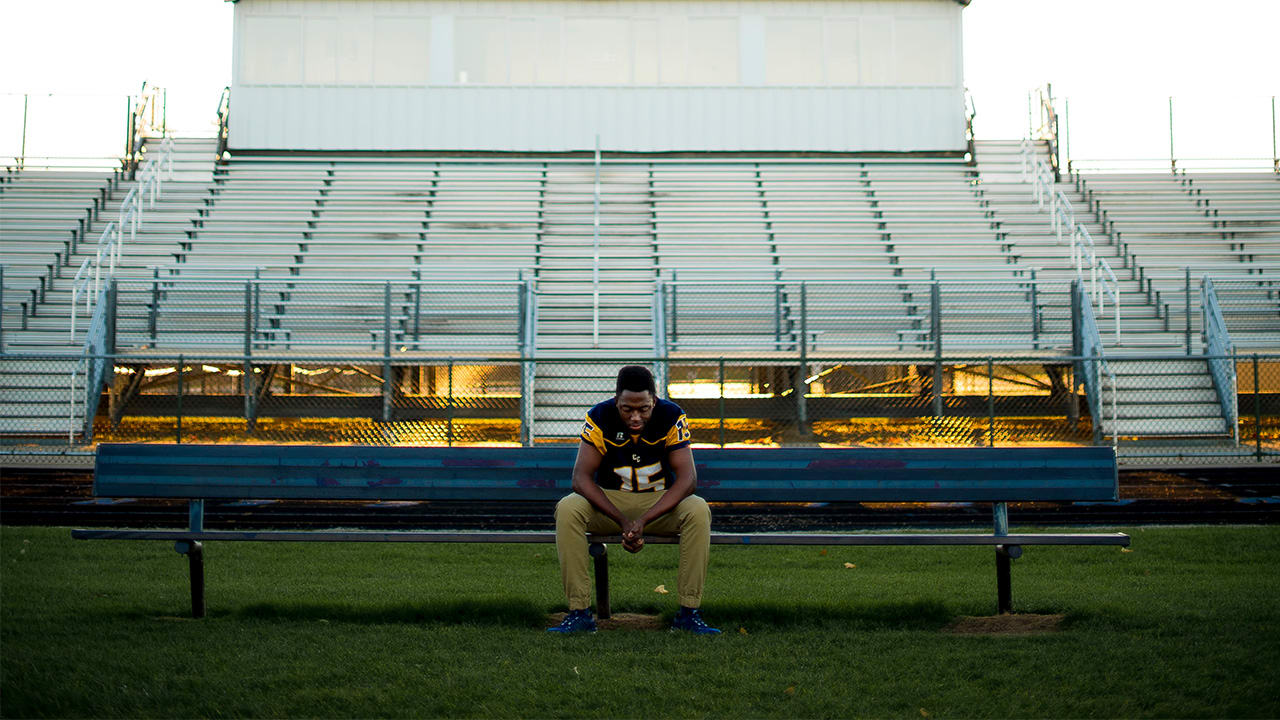A Time to Weep, A Time to Laugh

Why does God allow pain? According to Gallup, it’s the number-one question unbelievers ask; and if we’re honest, believers wonder too. Whether disasters are literal, like the earthquakes in Haiti and Peru, or our own life upheavals—destroyed relationships or long-term illness or unemployment—life is hard.
Yet sometimes life is good. God miraculously provides. We graduate a new class of promising leaders. We celebrate as a groom and bride make vows to love and cherish one another. Someone with a serious medical condition recovers. A family welcomes a newborn.
The Bible is full of prayers and poetry for every possible category of human experience. In more than half of the psalms, God provides models for responding to Him when we are experiencing trouble. Lament psalms ask God where He is when the floodwaters rise or when others attack unjustly. In the midst of the trouble, we find expressions that help us reach out to Him in confidence: “Hear us, help us, save us.” Reflecting on His character almost always brings the troubled psalmist to end with a vow to keep on worshiping, keep on praying, and keep on praising our sovereign King.
For those times when life is too wonderful for words, we also find expressions of praise—ways to relate to God through exaltations of His name and character. Expressions of hope and joy give words to the truths that He is far above us, no one is like Him, He is worthy of worship.
In this issue of Kindred Spirit we consider a time to weep and a time to laugh. You’ll read how God turned the story of Tom Basile from one of weeping to one of joy, from crack cocaine to directing one of America’s largest homeless missions. Another graduate, Wayne Walker, also serves the homeless. Alumnus William Cutrer, M.D., walks us through Psalm 13, a prayer of lament; and senior professor emeritus Dr. Roy Zuck takes us through Ecclesiastes, encouraging us to fear God and enjoy life.
The Bible’s wisdom literature acknowledges suffering without answering the why. Rather than engaging humans in discussions about theodicy (how God and His plan are working in history), God consistently says, “I will be with you.” In Genesis 26 He told Abraham, “I will be with you.” In Genesis 31 He told Jacob, “I will be with you.” In Exodus 3 He told Moses, “I will be with you.” In Joshua 1 and 3 He told Joshua, “I will be with you.” Shall I continue? In 1 Kings 11 He told Jeroboam, “I will be with you.” In Isaiah 43 He told the nation of Israel, “I will be with you.” In Jeremiah 1 He told Jeremiah, “I am with you.” In the New Testament the writer of Hebrews tells us, “I will never leave you nor forsake you” (Heb. 13:5).
“I am with you. I am with you. I am with you.” Life is hard and life is also good—because God is good. And we are never alone.
About the Contributors

Mark L. Bailey
Dr. Bailey assumed the role of DTS Chancellor after serving for 19 years as the Seminary’s fifth President, and continues his role as Sr. Professor in the Bible Exposition department. In addition to his years at Dallas Theological Seminary, he has pastored various churches in Arizona and Texas. He was a seminar instructor for Walk Thru the Bible Ministries for twenty years and is in demand for Bible conferences and other preaching engagements all over the country and world. His overseas ministries have included Venezuela, Argentina, Hungary, and China. He is also a regular tour leader in Israel, Jordan, Egypt, Turkey, Greece, and Rome. His board service includes Bible Study Fellowship, Walk Thru the Bible Ministries, and Word of Life.

